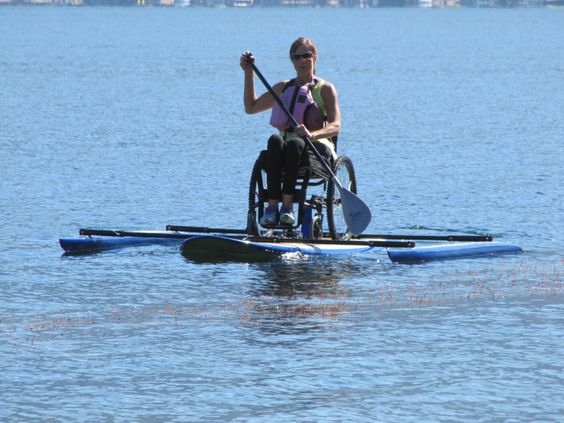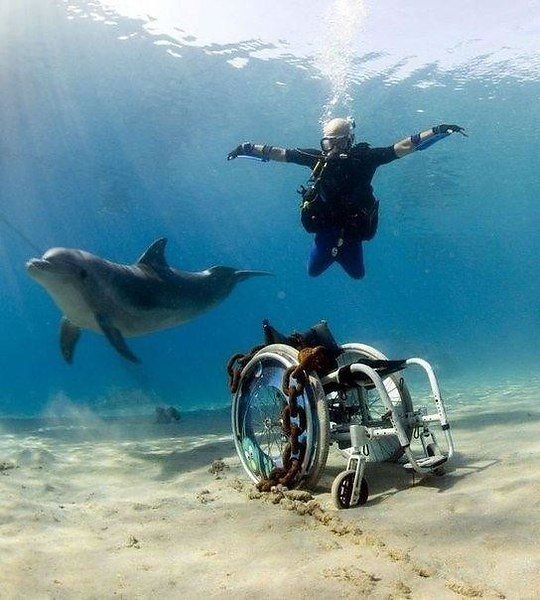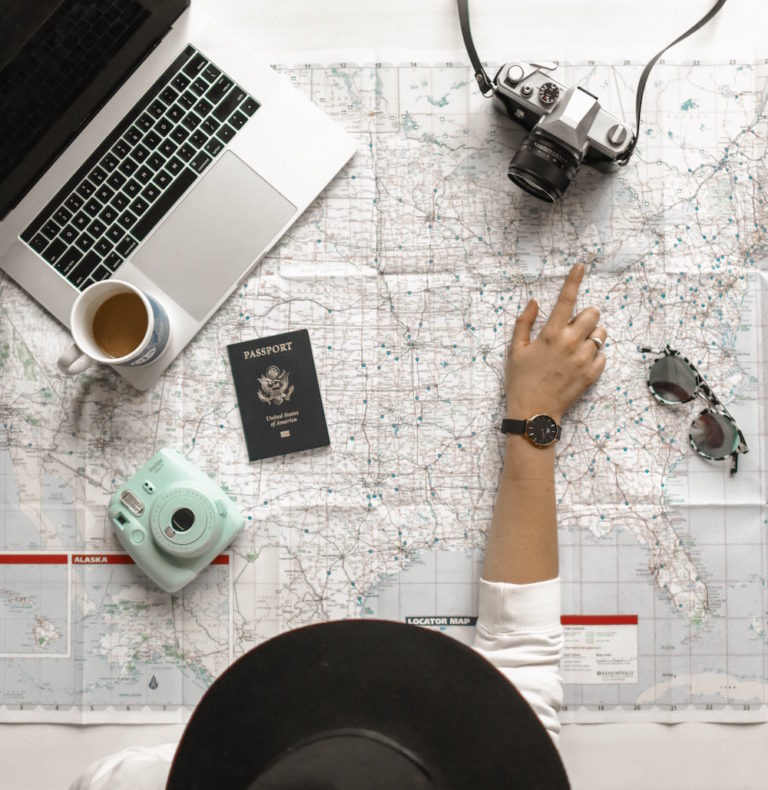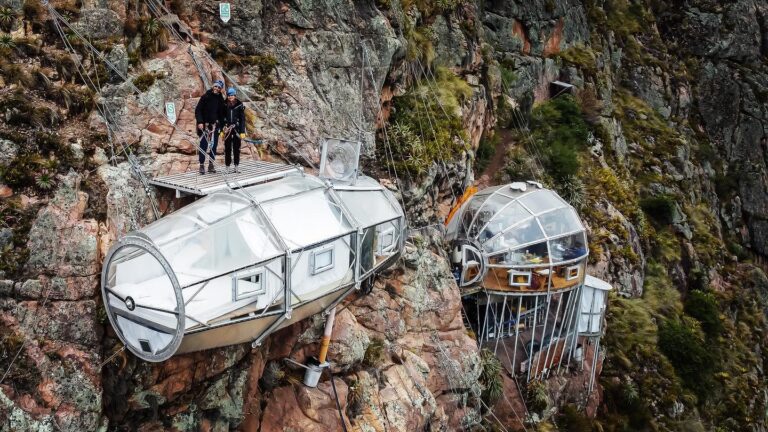How Travel can be Easier for those with Disabilities
With over 11 million people in the UK who have disabilities, it’s important to make sure travel is accessible for everyone. Advances in technology have made some headway, offering an array of solutions to assist those with disabilities who want to get around easily but what advancements are helping the most?
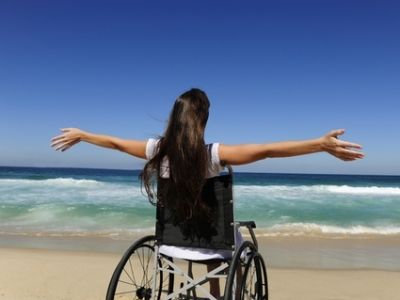
If you’re looking for some ideas to make getting to where you need to go a smooth, straightforward process, here is some of the top tech to try.
Travel Apps
Apps have been introduced recently to help disabled travellers. One of the newest additions is Passenger Assist, which has been created to make train travel more accessible. It helps to book and make amends to assistance requirements for passengers and, as the app is up-to-date, it avoids the issues caused by telephone and online bookings. The app is currently being trialled and is due to be rolled out in autumn 2019.
There is also Be My Eyes, a free app that connects blind and visually impaired people with 1.2 million sighted volunteers and companies via a video call. This live call can be used to help blind travellers get through busy airports and train platforms.
Similarly, Aira is a subscription-based service for visually impaired people. It uses a smartphone app or glasses fitted with a camera to live stream to an Aira agent who helps the user navigate the place they are in.
Speciality Vans
There are lots of adapted vehicles that are designed to make travel accessible for those with disabilities. These include speciality vans with automated ramps and lift technology, such as those by Allied Fleet. These help those in wheelchairs enter and exit the vehicle with ease. Other specialist vehicles include options such as sliding doors, swivel seats and more that help people with disabilities to drive themselves with ease.
Websites
There are websites available to help disabled travellers plan their travel. In the UK, we have AccessAble. Formerly DisabledGo, this site tells those searching the site how accessible venues and locations are and the level of access that’s available at the place you have in mind. Knowing the place you’re heading to can make getting there easier, so this site can alleviate any anxiety about an unknown restaurant or hotel.
Wheelmap
This online, worldwide map helps those in a wheelchair find the accessible spots easily. Launched in 2010, it uses a traffic lights system to tell users where they can head to at-a-glance.
This map is constantly being updated and users are encouraged to share what they know about the accessible spots in their area. This covers everything from cafes and clubs to theatres and public transport.
Do you know any top navigational tips or high tech access ideas to help disabled travellers?

